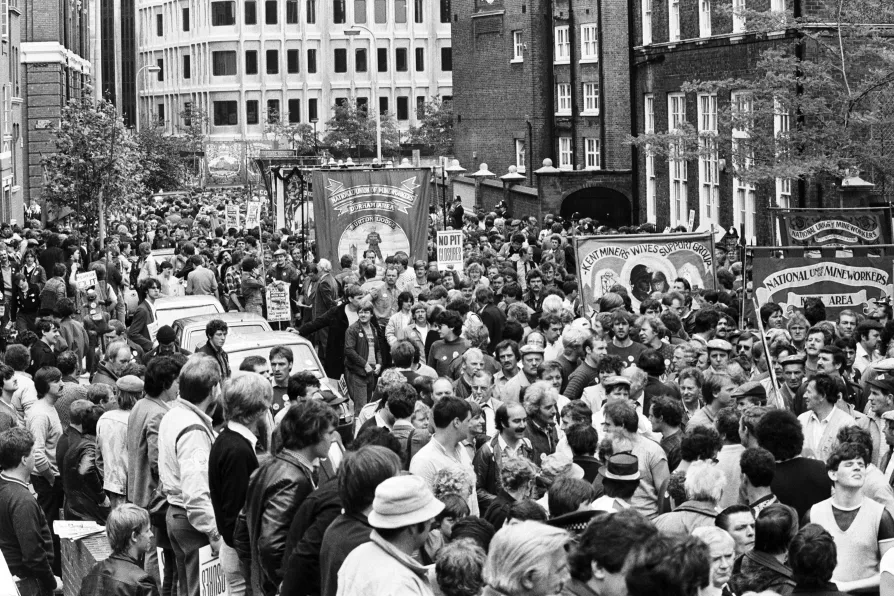Trump’s vision of ‘might is right’ signals the collapse of the postwar order — and a warning of who may be next, warns BOB ORAM


THE miners’ strike of 1984-85 was an industrial dispute often considered a “battle,” involving 184,000 miners, their communities, the state, including most of the British media, the National Coal Board (NCB) and the Tory government, led by Margaret Thatcher.
The dispute was not about pay and conditions but rather a fight to preserve an industry, communities and a way of life. For decades, coalmining in Britain was the backbone of the economy, not least in north-east England, employing hundreds of thousands of people, hence the importance of victory in the struggle.
By any measure, the 1984-85 miners’ strike was a pivotal moment is British history and had no parallel in terms of its duration, size or impact, which continues to endure across many workplaces and communities.

MIKE QUILLE applauds an excellent example of cultural democracy: making artworks which are a relevant, integral part of working-class lives

The Home Secretary’s recent letter suggests the Labour government may finally deliver on its nine-year manifesto commitment, writes KATE FLANNERY, but we must move quickly: as recently as 2024 Northumbria police destroyed miners’ strike documents












